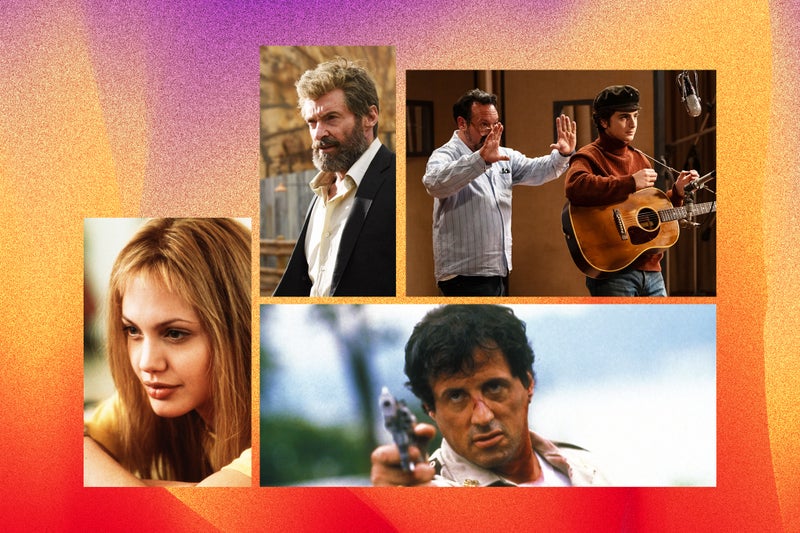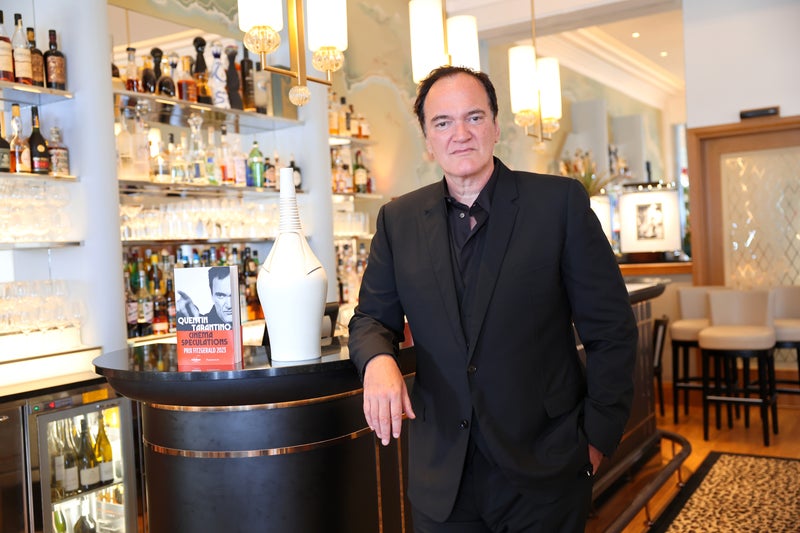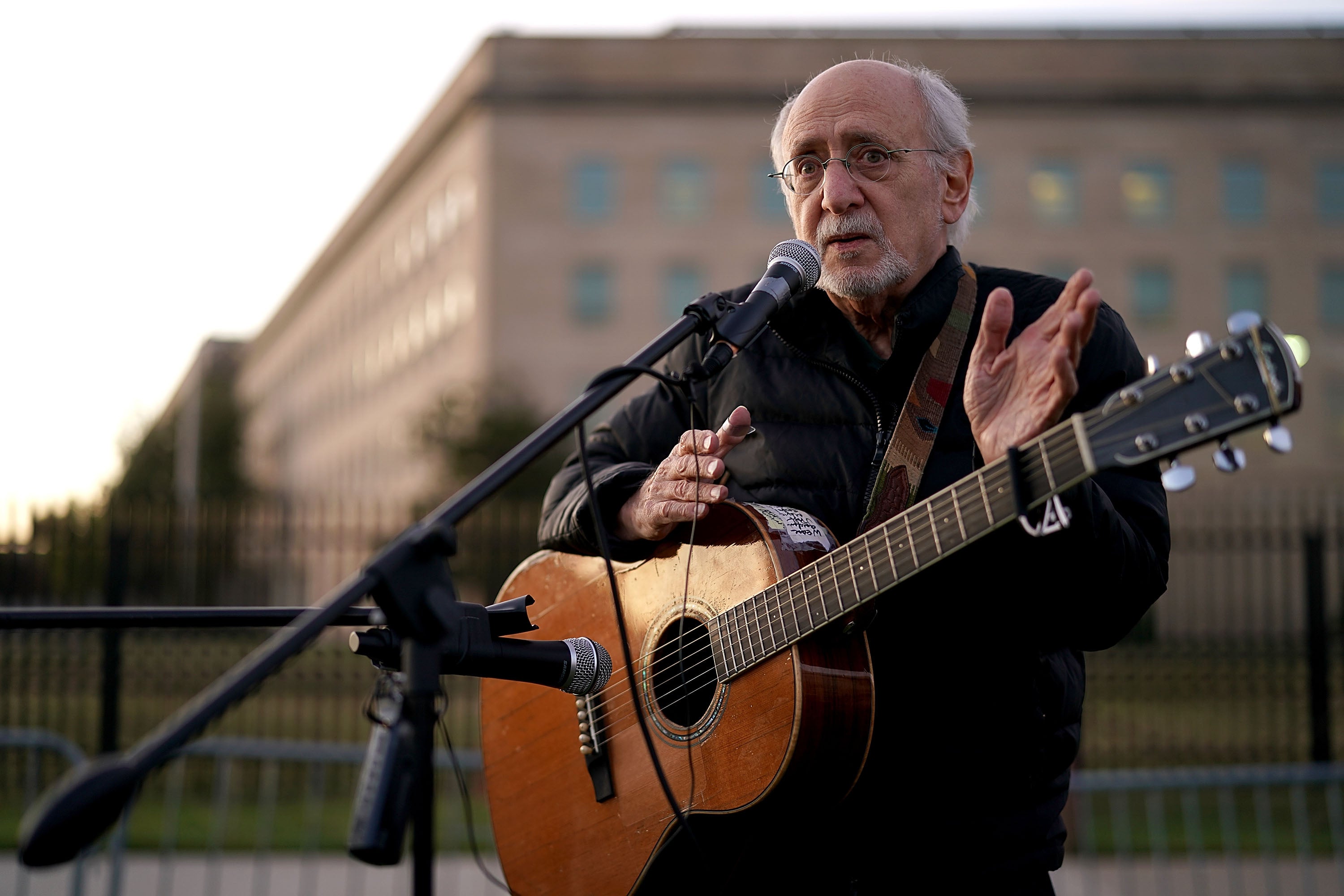How Oscar nominee James Mangold cracked the code of modern Hollywood
How Oscar nominee James Mangold cracked the code of modern Hollywood
Share:
Few directors have had as varied a career as James Mangold, who has directed everything from the Wolverine spin-off ‘Logan’ to ‘Walk the Line’ to a Meg Ryan romcom. As his Bob Dylan biopic ‘A Complete Unknown’ becomes the one to beat at next month’s Oscars, Adam White speaks to him. Last year, the filmmaker James Mangold had a choice to make. Would he shoot, edit and release his Bob Dylan biopic A Complete Unknown, starring Timothée Chalamet, in a speedy eight months? Or would he meticulously pore over the edit for eight months, leaving his film to sit on a shelf until an ambiguous release date sometime in late 2025, presumably with the 2026 Oscars in its sights?.
![[Mangold and Hugh Jackman on the set of ‘Logan’]](https://static.independent.co.uk/2025/02/05/15/36/shutterstock_editorial_8470433j.jpeg)
“I decided I’d rather move quickly,” Mangold tells me, “than allow what inevitably happens when you have too much time on a movie – all the people with money invested in it start to worry about whether it’s going to work, they start to second-guess and hand-wring. And I’d have given them eight more months to worry…”. It was a wise move. A Complete Unknown was released in the US in December, and last month in the UK, to strong box office (£69m and counting) and critical acclaim. It explores a specific period of time in Dylan lore. We first meet him arriving in New York – a louche, cryptic 20-year-old with tousled hair, a Martin guitar, and a truckload of bewilderingly good folk numbers already in his arsenal. From there – via Dylan’s incendiary impact on a burgeoning folk scene and his complex relationship with Joan Baez – Mangold takes us all the way to the Newport Folk Festival in 1965, the moment the singer went electric and caused an almighty brouhaha.
![[Monica Barbaro, playing Joan Baez, and Timothée Chalamet in ‘A Complete Unknown’]](https://static.independent.co.uk/2025/02/05/15/28/041_041_041_062_057_ACU_04275_R.jpeg)
The film is spry, moving and blessedly allergic to hagiography: at next month’s Oscars, it’s up for eight awards, including Best Picture, Best Director and Best Actor. In the wake of the spectacular implosion of the scandal-plagued musical Emilia Pérez, meanwhile, it enters into the crucial last few weeks of awards campaigning as the newfound favourite. But this isn’t too surprising. Mangold – the veteran writer-director behind films as wildly diverse as Logan, Walk the Line, Ford v Ferrari and Girl, Interrupted – knows how to get the job done. If Mangold’s fellow Best Director Oscar nominee Brady Corbet, the man behind the foreboding Adrien Brody drama The Brutalist, has been celebrated for making unconventional auteurist epics on a shoestring budget outside of the Hollywood studio system, then Mangold ought to be celebrated for doing much the same inside of it. Over the course of his 30 years behind the camera, he has mastered the art of getting his distinct visions over the line (and always retaining final cut) within a machine that has become increasingly indifferent to directors. He has, more or less, cracked the code.
“I’ve steered clear of making movies where I felt like I couldn’t do what I wanted,” the 61-year-old says over Zoom from Japan, where A Complete Unknown is about to open. “With a larger-scale movie, in particular, I test the studio. I present what my ambitions are very clearly at the beginning, and either they accept them or they’re welcome to look elsewhere.”. Mangold is bullish company: smooth-talking and lightly combative. When I ask about the potential drawbacks of making a film against a backdrop of presumptive Oscar glory (which, in the case of A Complete Unknown, began as soon as it was announced in 2020 that Chalamet intended to play Dylan), Mangold pushes back. “There’s a pretence of naivete in your question that is kind of startling to me,” he says, while I slowly shrink into a hole.
I was so insistent on ‘Logan’ being R-rated not because I wanted violence or language or nudity, but because I wanted control of my own film. If it wasn’t clear enough already, Mangold has been doing this a while. The son of New York artists, he studied filmmaking at the California Institute of the Arts – where he was mentored by One Flew Over the Cuckoo’s Nest director Miloš Forman – and worked briefly at Disney, before making his feature debut with the 1995 indie Heavy, starring a pre-fame Liv Tyler. A run of bold swings followed: Cop Land (1997) was a starry drama about corrupt police starring Robert De Niro and Sylvester Stallone, Kate & Leopold (2001) a fantasy romcom starring Meg Ryan as a time-travelling singleton, and Identity (2003) a murder mystery that played like Fight Club as written by Agatha Christie.
And the boldest? Likely 2017’s Logan, a comic book movie-cum-western that saw Hugh Jackman’s X-Men hero Wolverine reimagined as a depressive drifter. It was a risk that paid off in spades – Logan was glorious pulp, a film that traded spandex gloss for bruised and bloody grit. It grossed more than half a billion dollars at the global box office and earned Mangold a Best Adapted Screenplay Oscar nomination. But Mangold only got to do it after making some very savvy business decisions.
“I was so insistent on Logan being R-rated not because I wanted violence or language or nudity, but because I wanted control of my own film,” he says. “What’s the first thing the marketing wing of a major studio knows if a movie is rated R? They know they can’t market the movie to 13-year-olds. They can’t make toy tie-in deals. And if I want a six-minute dialogue scene between Patrick Stewart and Hugh Jackman that the average 12-year-old with attention deficit hyperactivity disorder (ADHD) would never be patient enough to sit through… well, now there are no 12-year-olds in the theatre.”.






















